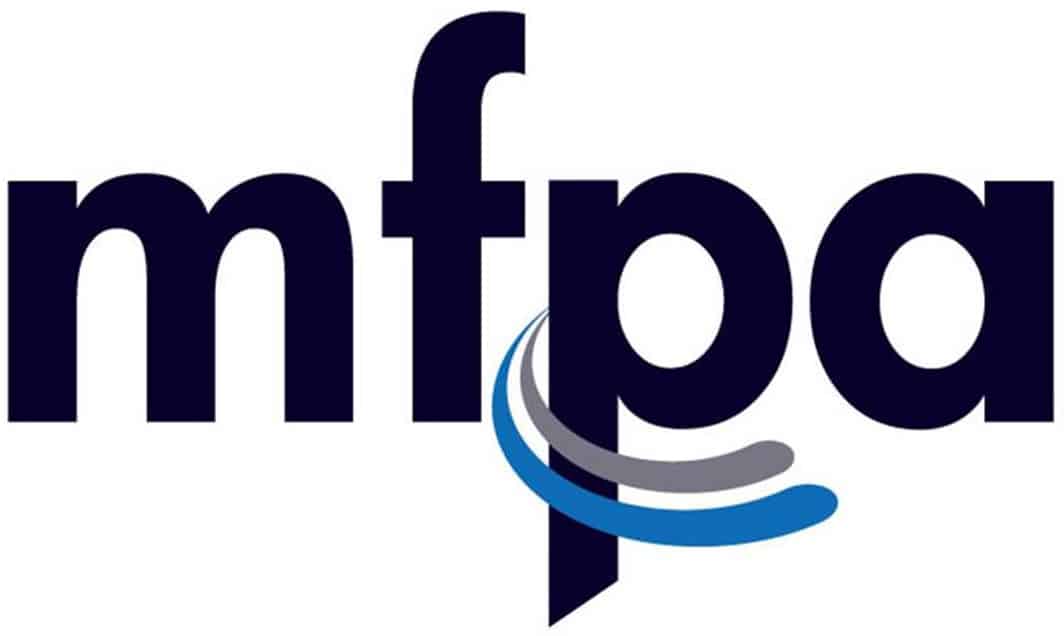
Enhancing Social Protection for Professional Self-Employed: Insights on the Role of Social Partners
The SP4SE (Social Protection for Self-Employed) project investigates social protection frameworks for self-employed individuals across EU Member States, particularly focusing on Professional Self-Employed (PSE)workers. It builds upon the European Pillar of Social Rights (2017) and the 2019 Council Recommendation on access to social protection, emphasising the role of social partners in shaping effective systems. The study highlights the fragmented and unequal protection for PSEs across the EU, especially after the COVID-19 pandemic exposed systemic vulnerabilities.
The second phase of the project analyses seven diverse EU countries—Belgium, France, Germany, Ireland, Italy, Malta, and Romania—to assess the real-world conditions of PSE workers and the role of representative organizations. Through interviews with experts, policymakers, and professional association leaders, the study explores how social partners contribute to protection governance, representation, and policy development.
A key finding is that well-organised professions, such as traditional liberal fields, benefit from structured social protection through professional funds or associations. In contrast, non-traditional or solo self-employed workers often lack representation, suffer limited access to benefits, and remain excluded from formal systems.
The report argues that empowering social partners is essential for developing equitable and effective social protection schemes. Public institutions at both national and EU levels must support structured dialogue with these actors. Ultimately, the project aims to promote harmonised, inclusive policies that improve the living and working conditions of all self-employed workers and ensure intergenerational renewal in essential professions across Europe.




